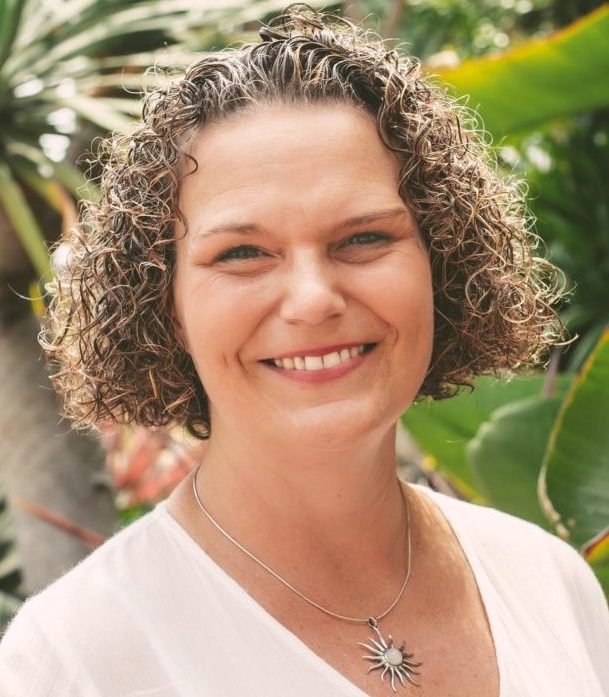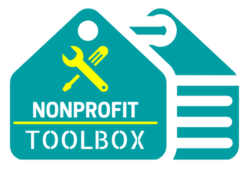
Tero Vesalainen/Shutterstock
How does your grantmaker accountability performance rank?
This past year, my firm, Fordable Fundraising, submitted proposals to nearly 200 unique grantmakers in the fields of education; health and human services; and arts and culture. Approximately 70% of funders are asking how well nonprofits are doing at creating an inclusive and diverse environment.
Some require a simple text box to explain what is being done to enhance diversity and inclusion. Others have sophisticated tables requiring demographics of not only the people served, but of the entire staff and leadership.
The uprising that followed the murder of Georgia Floyd in 2020 spurred declarations of intent to do better on DEI — diversity, equity and inclusion — from many nonprofit organizations. We are compelled to challenge the status quo and hold ourselves accountable to these promises — for the integrity of our missions but also for the long-term viability of our organizations.
Awareness is the first step
In 2003, as a relatively inexperienced nonprofit leader, I walked into my boss’s office to request he amend the organization’s non-discrimination policy. The foundation application I was working on had a policy to only fund organizations with sexual orientation included in their non-discrimination policy. This particular foundation aligned its giving to their values and had adopted a progressive posture on advancing the basic human rights of the LGBTQ+ community.
My boss, without hesitation, added the topic to the board agenda for approval in the next meeting. It took this grantmaker’s expectations to create the awareness needed to change.
Now, 20 years later, I can see the significance of this small act and its influence on social justice for LGBTQ+ communities. It is often these incremental steps that add up to big change.
Establish a baseline

Courtesy of Janeal Ford
Janeal Ford is the president and CEO of Fordable Fundraising
Grantmakers, through their questions, are forcing us to see the work ahead. They want us to evaluate our current position and know the actions we will take to address systemic racism.
If you are struggling to answer basic questions due to the lack of data, and are unsure how to ask your constituents (board, volunteers, employees, vendors) for sensitive demographic data, I recommend conducting a simple survey.
To create the survey, begin with a statement conveying why you are gathering the data, how it will be used, and include an assurance that responses will be kept anonymous. Sending one survey to the entire group will maximize sample size and support anonymity.
To improve response, the survey needs to include no more than 15 questions and once you send it out, be sure to email a reminder or two. While responses should be anonymous, be sure to include a question that identifies the respondent’s broad constituent group in relation to your organization — i.e. board member, vendor, volunteer, employee, etc. — so you can segment and evaluate responses per group type.
The survey can extend beyond asking for basic demographics and include open-ended questions to inform future plans. Invite constituents to share suggestions, or if you have already identified potential initiatives, ask them what they think about your ideas. Asking supports inclusion and their responses can ensure the relevance of your approaches.
As the results of your survey come in and are compared to demographic data in your service population and community, it may be eye-opening and a little embarrassing. The truth hurts; there are many nonprofits delivering services to communities of color, yet everyone sitting around the leadership table is white.
Rather than shaming yourself or past leadership, view the information as a baseline or starting point. Clarity always comes before strategy, and it is the subsequent small steps we take each day that will lead us to greater equity and inclusion.
Resources and tools
Here are some resources and tools to support your organization in its evaluation and planning to improve race, equity and inclusion.
• Best Practices for Survey Research
• Addressing Racial Equity With an Organizational Change Lens
• Operationalizing Racial Justice in Non-Profit Organizations
***
Janeal Ford is the president and CEO of Fordable Fundraising and has served in the nonprofit sector for more than 20 years. As a fundraising professional, board member, community volunteer, and consultant, she has helped charities raise millions of dollars. Ford received a bachelor’s degree in sociology and a master’s in public administration from the University of Utah.
































